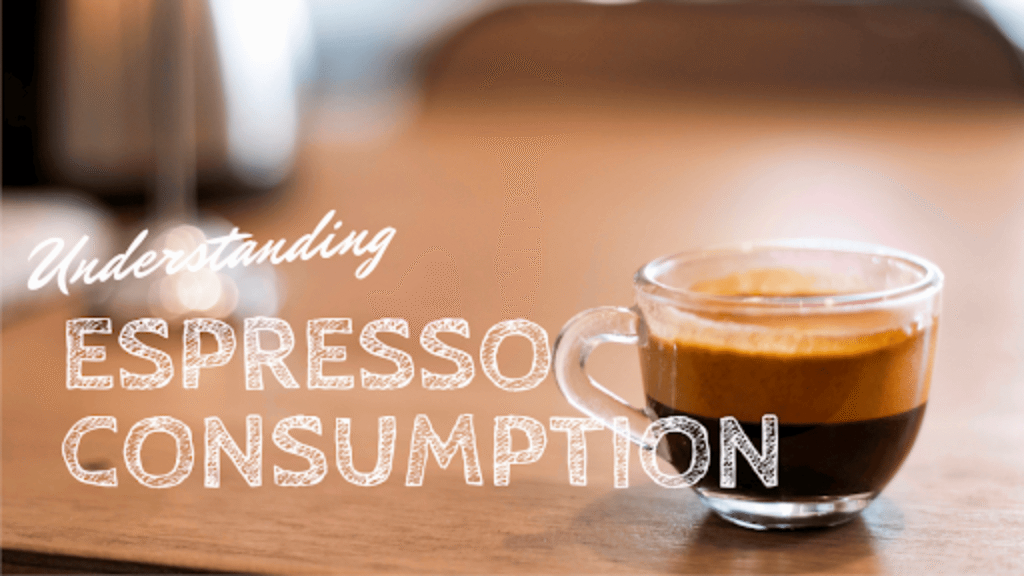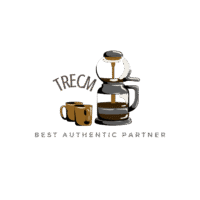The love affair between Americans and coffee is quite complicated. Who and how people drink espresso is changing. No more is it just a drink that gives a boost of energy but also a thing of delight. The coffee-drinking audience is mostly adults, as although there aren’t any federal guidelines against its consumption by kids, it’s not considered a healthy drink for them due to the presence of high amounts of caffeine. While there are kids who consume coffee, most of the espresso drinking audience is grown-ups, considering it is a highly-concentrated drink.
Today, millennials are changing the industry as the way they consume coffee is evolving. According to data, the daily consumption of espresso has almost tripled since 2008 as drip–coffee does not satisfy them any longer. Meanwhile, other espresso-based drinks have also witnessed an increase in consumption over the last decade. There has been a generational transition, and although the overall coffee consumption has declined slightly, millennials seem to be more invested in their coffee than any other generation, with a special love for espressos and gourmets. Here are some top trends that define the millennial-coffee relationship.
Quality; Not Quantity
Premium coffee, goes without saying is on the expensive edge, and consumers have shown that they are willing to pay the extra bucks for a good coffee experience. While the quantity of coffee consumed by Americans has declined, their spending has increased substantially over the last 4 years.
Many marketers have realized it too—millenials with an ever-increasing purchasing power are conscientious shoppers; they wish to make a difference with the money they spend and want to feel good about it. As a result, they prefer to buy from companies that reflect their values, and purchase products & services that add some value to their lives. A survey from 2015 suggests that Millennials prefer products & services from brands that are committed to improving their environmental and social impact. Organizations adapting to this change are making continuous efforts to take actions that not only make a difference in the lives of their buyers but the world at large. One such example is Lifeboost, a new-age brand known for its range of healthy and environment-friendly coffees—their offering also contains a variety of espresso, from classic to mocha and more.
The Value Factor is Changing
The factors that drive value for consumers are changing. Consumers today believe in and support brands with which they have a more personal relationship. They want the things they use to be able to represent their larger perspective of the world.
Thus, Value is no more limited to the price per ounce of coffee and nor a static proposition. It can mean many things in today’s world, depending upon your customer demographics. While some may see value in a brand’s philosophy, commitment, and authenticity, others may find it in the quality of products & services offered.
According to research, over 50% of millennials make an effort to support brands that stand for a cause and care about the world, not just profits. As a result, these diverging definitions of value are leading the new generation of espresso consumers who bring to the table new perspectives from their experiences—bringing new opportunities for coffee suppliers. Lifeboost is thus becoming a coffee brand of choice for the present generation as it aims to create value for consumers through high-quality products and imbibe sustainability in processes, serving a larger cause.
Where Are They Drinking?
What the new-generation consumers largely depends on where they are consuming it. While brewed coffee continues to be their at-home go-to drink, Millennials today are more dependent on out-of-home coffees, turning the consumption of coffee into a statement of individuality. They like to share their view and post about it on social media, narrating every brand detail.
Brands are now focused on personalization to allow users to generate sharable content—as nothing really is private anymore. Furthering this trend, more startups and shared workspaces are showing an inclination towards high-quality coffee, as the daily drink is now seen as an office culture perk. This is a trend that large organizations too are noticing and adapting. Thus, espresso consumption at the workplace is increasing as workplaces strive to deliver better experiences to their employees.
Educated & Sophisticated Consumers
The present-day consumers that comprise majorly Millenials and now Gen Z, are sophisticated consumers. They know their drink as all the information is just a click away—goes without saying that they would want to make informed decisions for everything, including coffee.
They are also open to innovation in the coffee market and experimenting with new beverages and styles. This reflects in the apparent popularity of cold brew and other styles of espresso.
What do you think about it? Does brand matter to you or do you only look at the price on the pack to buy your coffee? Let us know in the comments below.
Also, we hope you enjoyed this read. Stay tuned as we come up with more insightful information!



